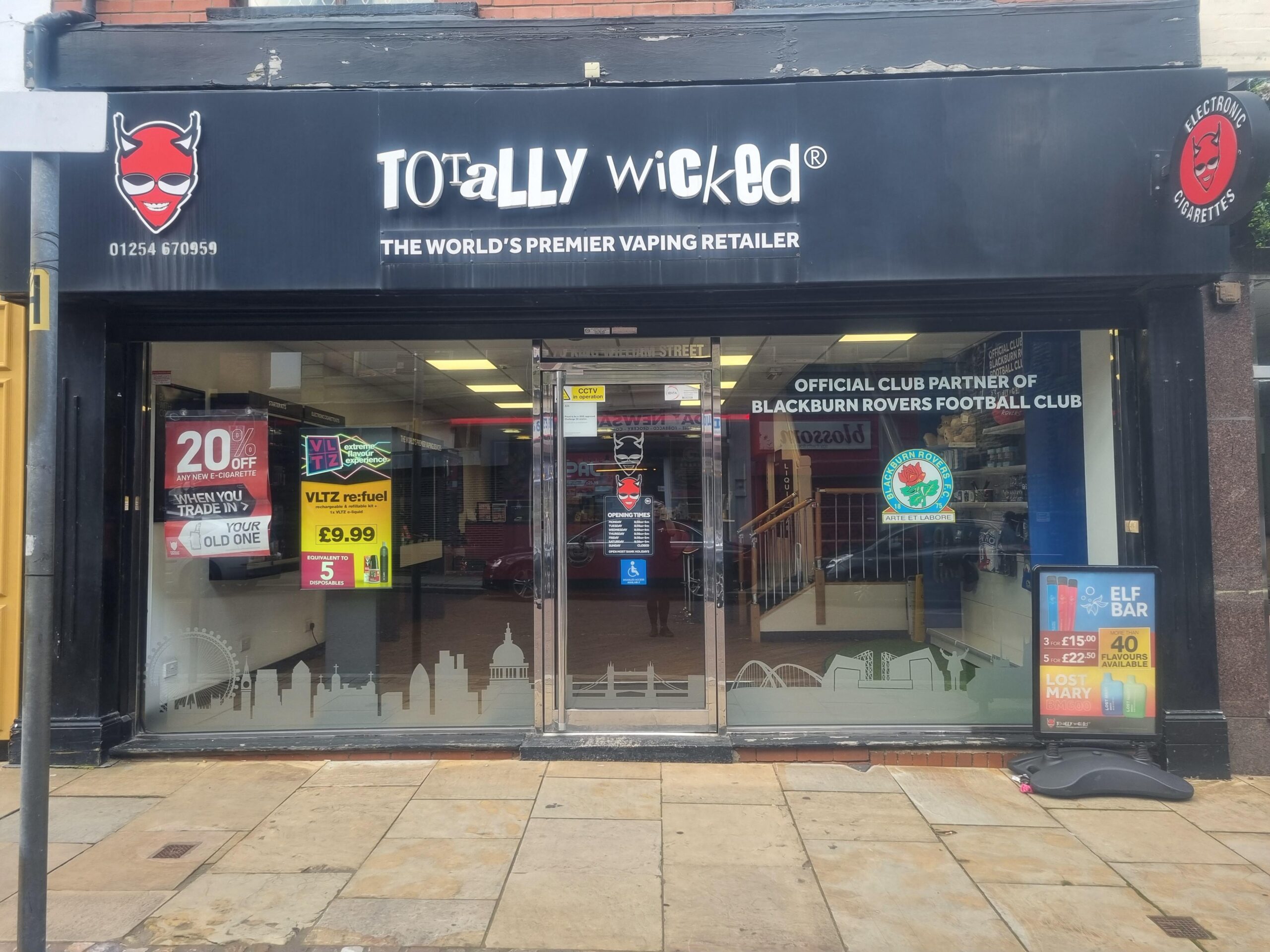Totally Wicked profits more than double on back of disposable vapes
January 2, 2025

Vaping firm Totally Wicked has reported a pre-tax profit of £8.1 million for the financial year ending March 31, 2024, more than doubling its previous year’s profit of £3.3 million.
The Lancashire-based company said the “continuing growth” of single use vapes, particularly in convenience and grocery channels, has been a “disproportionate driver” of the strong growth, with turnover also surging to £118.1 million, up from £90.4 million the prior year and £54.4 million in 2022, according to its latest filing to the Companies House.
The financial results, however, come as the government confirmed that the sale of single-use disposable vapes will be prohibited from June 2025 in the UK. Additionally, a vaping products duty of £2.20 per milliliter of e-liquid is set to be introduced from October 1, 2026.
Addressing the upcoming regulatory changes, Totally Wicked stated: “There are concerns that introducing so many new regulations at once could adversely impact smokers and former smokers by restricting access to vaping products, potentially leading to increased tobacco use. However, we believe the combination of the licensing scheme and the new tobacco vaping duty will result in enhanced HMRC enforcement against illegitimate sellers, creating significant opportunities for legitimate operators like Totally Wicked.”
The company’s UK turnover climbed from £77 million to £96.9 million, while European turnover rose from £12.9 million to £20.8 million. However, sales in other regions declined slightly, falling from £441,696 to £396,079.
Segment-wise, wholesale turnover increased sharply from £53.8 million to £76.4 million, and retail turnover grew from £16 million to £18.9 million. Online and telephone sales also showed growth, rising from £20.6 million to £22.7 million. To support its expanding operations, the company’s headcount increased from 372 to 411 during the year.
In a statement, the board noted a shift in consumer preferences toward cost-effective and environmentally sustainable vaping solutions. “Our owned channels to market have enabled customers to transition to more sustainable products and strategically advantageous branded propositions earlier than would be possible through third-party routes,” the statement said.
